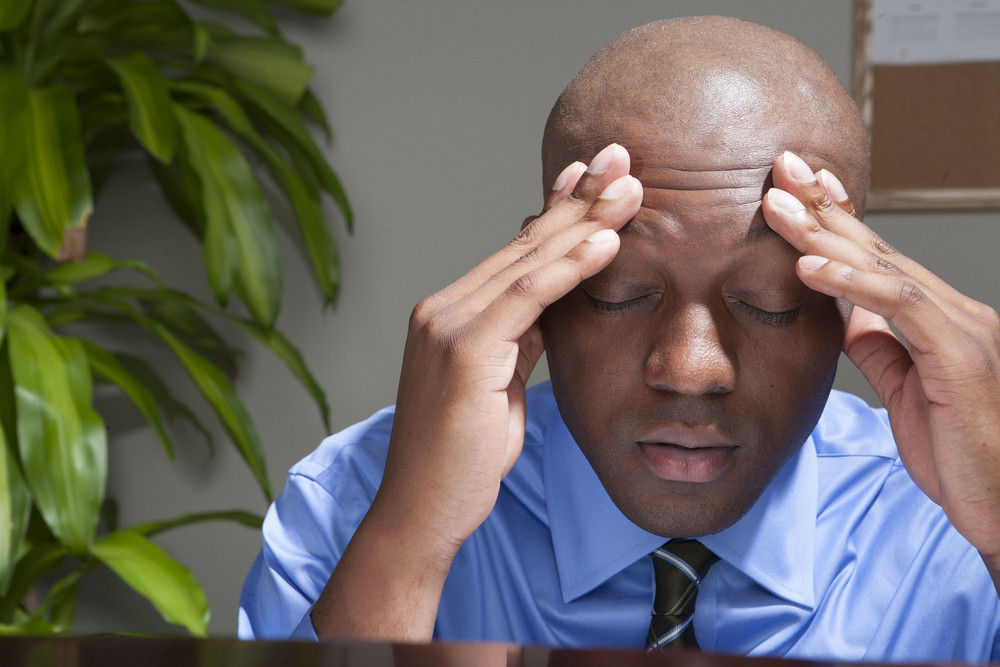Civilizations have come and gone, so it is not far-fetched to believe that our civilization will share the same faith. If society collapses in our lifetime, it will likely not look like something from apocalyptic movies, meaning there will be no zombies or aliens to blame. With that in mind, here are 20 things that could help you survive the collapse of society.
Water-purifying tablets
You will need clean water because you cannot live without it for more than a few days. Water-purifying tablets kill harmful microorganisms and make the water safer to drink. Most tablets were labeled safe, though their long-term side effects are unclear.
Old school maps
In the event of a societal collapse, you will need to go old-school since your GPS will likely be useless. Preferably, find water-resistant maps. If not, use plastic to protect your old maps, and if you have skipped geography classes, make sure to know how to read them.
Canned foods
Stock up on canned goods to give your body essential nutrients. You’ll also need protein bars to provide energy and frozen, dried food. Dried fruits, nuts, and cereal can help you maintain strength while planning your next move.
Hunting gear
You should consider getting hunting gear and animal traps because you might have no choice but to look for food the old-fashioned way. Additionally, you’ll need it to protect yourself from hungry and desperate animals.
Seeds
With society’s collapse, food will likely become a luxury, and you could start rebuilding agriculture with diverse seeds. Most plants in the wild are toxic, so if you find a more permanent shelter, you will be grateful you brought seeds to start growing your garden.
Medications
Over-the-counter cold medicine, vitamins, and pain relievers are a must. Getting antibiotics or other drugs that require recipes is already challenging, so you might want to talk to your doctor about possible natural remedies.
Robust clothing
Give your body warmth and synthetics by wrapping yourself in wool and polyester. Synthetics are easy to dry off, while merino wool can keep you warm and cool you off, depending on your body’s temperature.
Hats, gloves, and footwear
Similarly to your clothes, choose high-protective accessories that will be comfortable and protective. These items should be weather-adaptable and light, and to find the most suitable ones, check out what military members wear.
Survival knives and multi-tools
Durable, quality survival knives can help in various situations, from opening cans to protecting yourself from an animal or worse. There are many choices but opt for ones that are light, easy to use, and offer a variety of blades.
Solar charger
Keep your electronics charged with solar power. Numerous portable solar chargers with several USB ports are available, which will be enough to keep your phone or radio going for a while. Additionally, you might want to invest in portable solar panels.
Tents
Instead of looking for the most comfortable tent, try finding the one that will be best for extreme weather. The perfect tent should be light and easy to use while protecting you from elements from all four seasons.
Flashlights
The flashlights will provide light when the power goes out and signal for help. Solar-powered flashlights could be your best bet since they charge up without the need for plugs or batteries. The only disadvantage could be that they are weather-dependent.
Matches
Keep the matches in a waterproof container because they will become useless when they come into contact with water. There are weatherproof matches that will light up when they’re wet. Additionally, take lighters with you, though matches are preferred since lighters require additional fluid.
Basic hygiene products
Tampons, pads, soap, antibacterial wipes, toothbrushes, toothpaste, and mouthwash are all necessities that will help you maintain basic hygiene.
First aid kit
The most common items in the first aid kit are plasters, triangle bandages, antibiotic ointment, crêpe-wrapped bandages, safety pins, disposable sterile gloves, tweezers, antiseptic wipes, scissors, and hydrogen or similar antiseptic solution. Check the expiration dates on solutions and wipes. Typically, first-aid kits have a shelf life of three to five years after manufacture.
Whistles
Whistles can help you signal for help in an emergency or survival situation. Due to their durability and accessibility, you must have them in your survival kit. It could be helpful to learn the SOS whistle code.
Face masks
Face masks are necessary to protect against bushfire smoke, dust, and mold spores. There are various masks that should match the disaster in front of you. In cases of radioactive danger, FFP3 masks will likely help. N95 masks protect against smoke, ash, allergens, bacteria, etc.
Weapons
Apart from knives, carrying a deadly weapon and ammunition could be necessary, depending on what caused society to collapse. You can also use weapons for hunting as well as self-protection.
Emergency signal mirror
Any shiny object can be used for signaling, but an emergency signal mirror is brighter, and therefore, it sends a better signal. Signal mirrors have been used in the military for decades and could save your life if you get lost.
Cordage
Cordage is anything you can use to climb steep places, drag something, tie bundles of firewood, etc. It also helps with many functions, like a fishing line, a cloth line, a food line, and much more.

